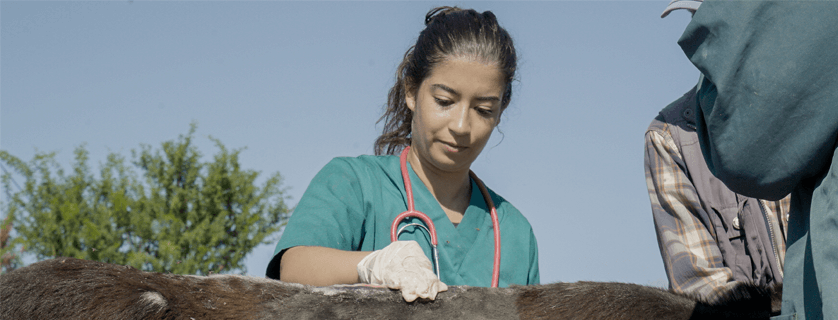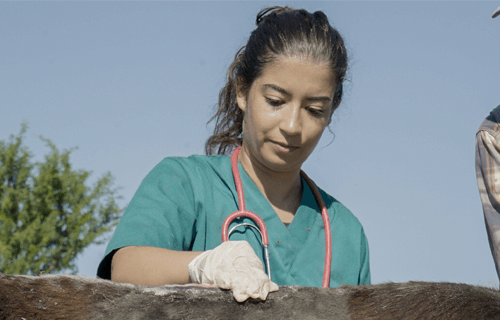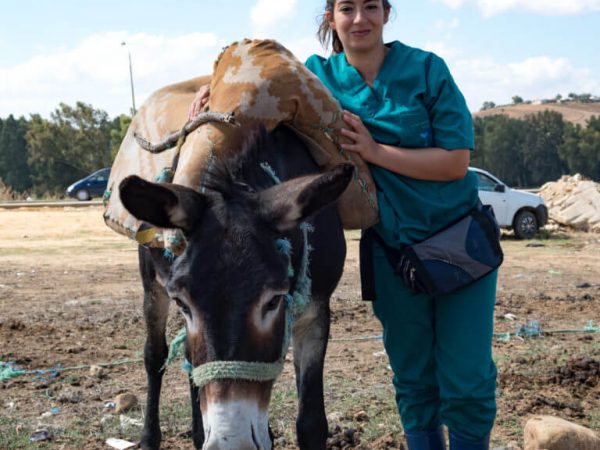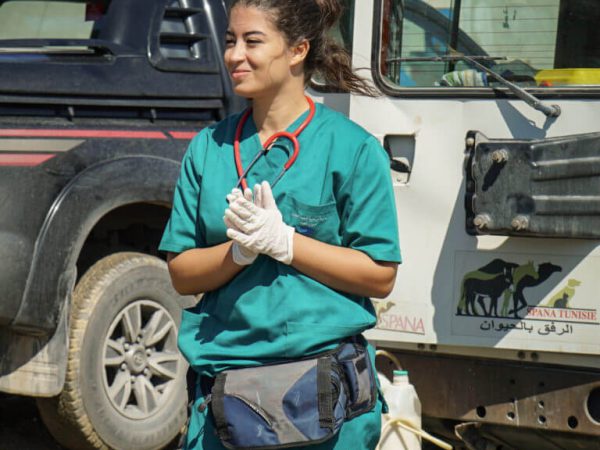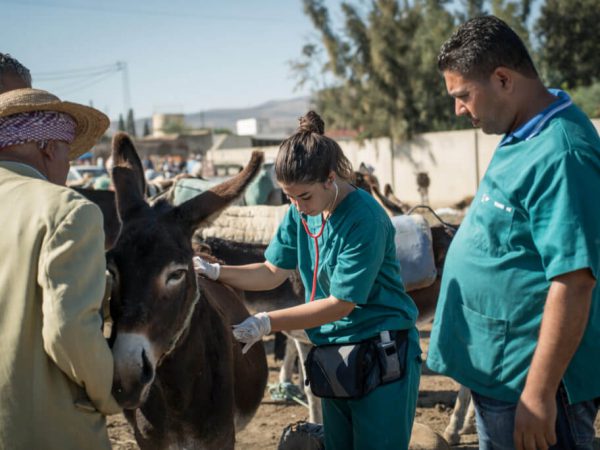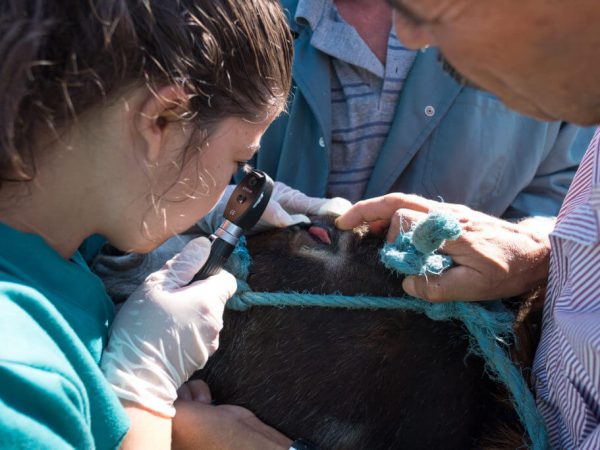You may also be interested in
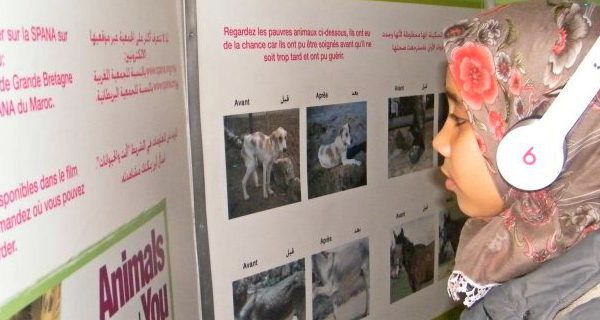
The power of prevention in Tunisia
SPANA Chief Executive Geoffrey Dennis’ reflects on preventive veterinary medicine and its life-saving impact in Tunisia.
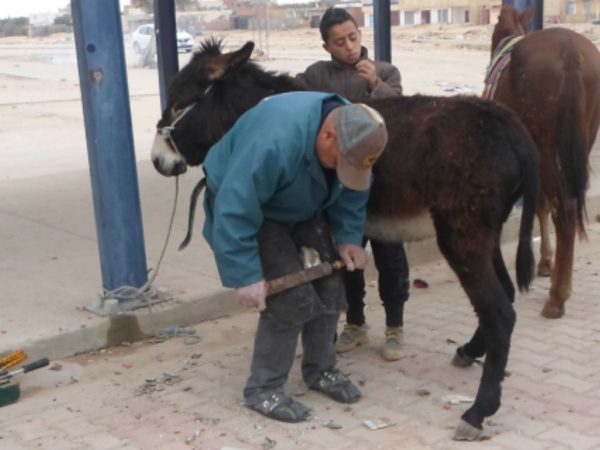
Helping Imed’s hooves at our mobile clinic
Read how SPANA vets in Tunisia cared for Imed's overgrown hooves
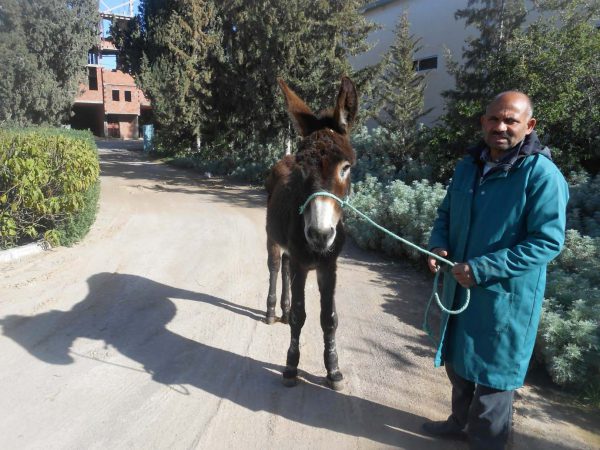
Helping Momo – an overloaded donkey
Cart donkeys work under immense physical strain when pulling heavy carts. Read how we helped Momo, an overloaded donkey in Tunisia with painful leg wounds.

The power of prevention in Tunisia
SPANA Chief Executive Geoffrey Dennis’ reflects on preventive veterinary medicine and its life-saving impact in Tunisia.

Helping Imed’s hooves at our mobile clinic
Read how SPANA vets in Tunisia cared for Imed's overgrown hooves

Helping Momo – an overloaded donkey
Cart donkeys work under immense physical strain when pulling heavy carts. Read how we helped Momo, an overloaded donkey in Tunisia with painful leg wounds.

